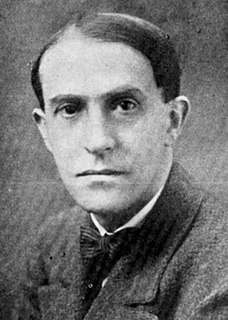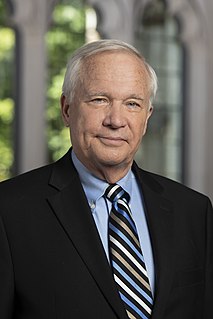A Quote by Adam Grant
This is what I find most magnetic about successful givers: they get to the top without cutting others down, finding ways of expanding the pie that benefit themselves and the people around them. Whereas success is zero-sum in a group of takers, in groups of givers, it may be true that the whole is greater than the sum of the parts.
Related Quotes
One problem with politics is that it is a zero sum game, i.e. politicians argue how to cut the pie smaller and smaller, by reshuffling pieces of the pie. I think this is destructive. Instead, we should be creating a bigger pie, i.e. funding the science that is the source of all our prosperity. Science is not a zero sum game.
But ultimately I do not believe that she was only matter. The rest of her must be recycled, too. I believe now that we are greater than the sum of our parts. If you take Alaska's genetic code and you add her life experiences and the relationships she had with people, and then you take the size and shape of her body, you do not get her. There is something else entirely. There is a part of her greater than the sum of her knowable parts. And that part has to go somewhere, because it cannot be destroyed






























